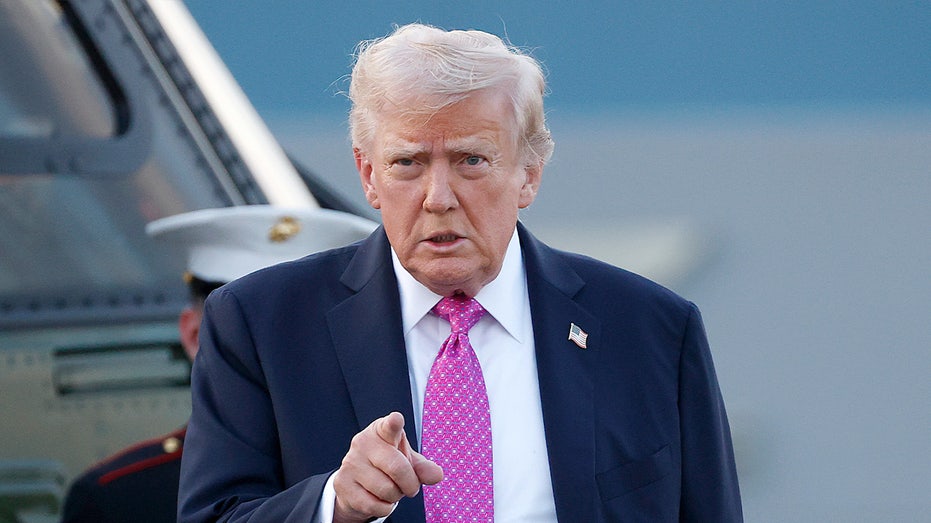The hushed chamber felt thick with anticipation. Senator John Thune, a figure synonymous with quiet power in the Senate, found himself at the center of a brewing storm. It wasn’t a legislative battle this time, but a personal one, unfolding in the unforgiving glare of the digital age.
A decades-old photograph, resurfaced and rapidly circulating, threatened to unravel a carefully constructed image. The image depicted a younger Thune, seemingly at a costume party, wearing attire that sparked immediate and intense controversy. The internet, as it often does, exploded.

The accusations were swift and brutal. Critics seized upon the photograph, interpreting it as evidence of deeply troubling views. Social media platforms became battlegrounds, filled with outrage and demands for accountability. The narrative quickly shifted from a youthful indiscretion to a reflection of character.
Thune remained largely silent initially, a tactic that only fueled the fire. The lack of immediate response allowed speculation to run rampant, each interpretation more damaging than the last. Political opponents sharpened their attacks, sensing an opportunity to exploit the situation.
Then came the statement. Carefully worded and measured, it acknowledged the photograph but framed it as a youthful mistake, a lapse in judgment from a different era. He expressed regret, emphasizing that the sentiment behind the costume did not reflect his current beliefs or values.
The response was…mixed. Some accepted the apology, recognizing the possibility of growth and change over time. Others remained unconvinced, arguing that the photograph revealed a core prejudice that couldn’t be easily dismissed. The debate raged on, refusing to subside.
The incident served as a stark reminder of the permanence of the internet. What was once a fleeting moment, captured in a photograph and tucked away in an album, could now resurface decades later, capable of reshaping a career and redefining a legacy. It highlighted the new realities of public life.
Beyond Thune himself, the episode sparked a broader conversation about accountability, forgiveness, and the evolving standards of political correctness. It forced a reckoning with the past, prompting individuals and institutions to confront uncomfortable truths about their own histories. The ripples of the controversy extended far beyond the Senate floor.





